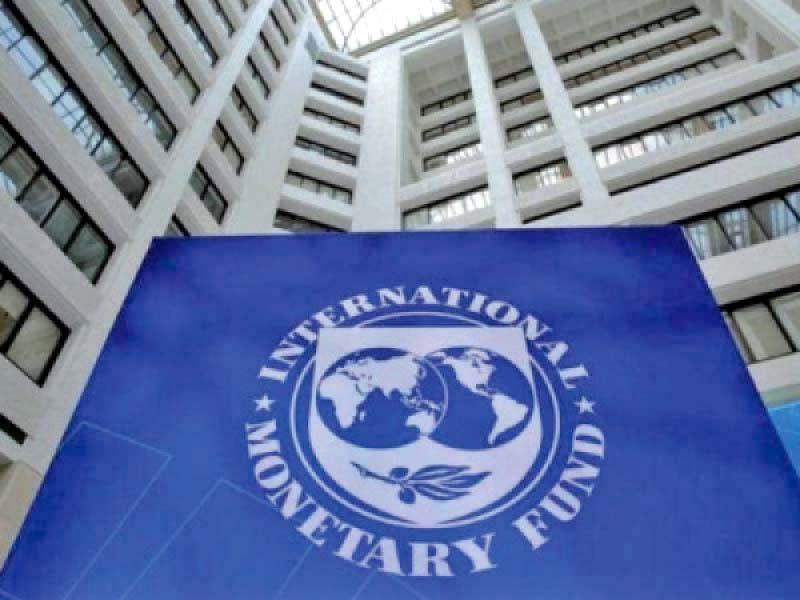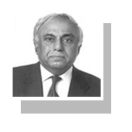By Faraz Ahmed
Published in The Express Tribune on July 31, 2023
KARACHI: Last year in August, I wrote about “IMF Deals Sans Political Stability.” After a year of painful struggle, we have finally secured a Standby program from the International Monetary Fund (IMF), but political chaos continues to loom large. In our longstanding relationship with the IMF dating back to the 1950s, we have engaged in 12 standby agreements (SBA) and 10 extended fund facilities (EFF) programmes. Each new programme was considered tougher than the previous ones, yet we have failed to demonstrate political courage or long-term financial commitment to find a sustainable solution to the spiralling debt crisis.
Looking at the staff-level report detailing the agreement, four areas of focus are identified: implementation of the FY24 budget in the true spirit, maintaining the market-based exchange rate, continuing on the path of appropriate monetary tightening, and structural reforms, particularly in the energy sector. Some of the focus areas, such as maintaining a market-based exchange rate, have already been discussed in this space, highlighting the detrimental effects of maintaining an artificial exchange rate on the economy, including falling remittances due to the rise in non-banking channels. Therefore, the IMF has now become more prescriptive, introducing a band of a maximum ±1.25% average between the interbank and open market rates during any consecutive 5-business day period. It will be interesting to observe whether remittances are restored post-market-based exchange rate mechanism or if there is a more insidious factor contributing to the continuous fall.
Another ambitious target is to implement the Treasury Single Account (TSA) by October 23. The government has already instructed ministries in August 2020 to close their accounts with commercial banks and transfer the balance funds to the federal government’s central account number 1. This includes the more powerful Ministry of Defence, which alone has more than 50,000 accounts in commercial banks, according to some estimates. Implementing the TSA will provide a unified picture of the liquidity status of all government entities, avoiding unnecessary borrowing due to the current fragmented structure.
Reforms in the energy sector, including the resolution of circular debt and implementation of the WACOG (Weighted average cost of Gas) based pricing mechanism, are also pressing issues. These reforms aim to put a lid on the growing quantum of gas circular debt and make the provision of RLNG feasible, as its price will now be accounted for in the cost charged to gas consumers. These decisions will result in a gradual rise in energy costs, posing a tough challenge for the sitting government, which is already wary of the potential impact of post-IMF measures on its political future.
One rather surprising demand is the insistence on continuing with a hawkish monetary policy. As per market consensus, the State Bank has already maxed out on the monetary tightening front by raising rates by 800 bps in the last fiscal year. Amreen Soorani, Head of Research at JS Global Capital, explained that while current interest rates reflect positive real interest rates on a forward-looking basis, the IMF prescribes a higher-for-longer interest rate environment due to their FY24 Consumer Price Index (CPI) projections, which stand at 25.9%, vis-à-vis her research house’s estimates of 20%.
Unfortunately, when we look at the political landscape, it appears more fragmented than before, and there seems to be no sense of urgency for a course correction. Now that we have secured the SBA, we must not forget that the fiscal space was provided to us for the electoral process to be completed without financial constraints. Indications are that the sitting government wants to dissolve the assemblies a few days before the final date to gain more time by elongating the duration of the caretaker setup to 90 days. On the contrary, we should ensure a quicker transition to pass on the baton to the new government selected through a free and fair election to end the political turmoil and let the new administration utilise this SBA space to settle down and kick-start the economic transformation agenda.




